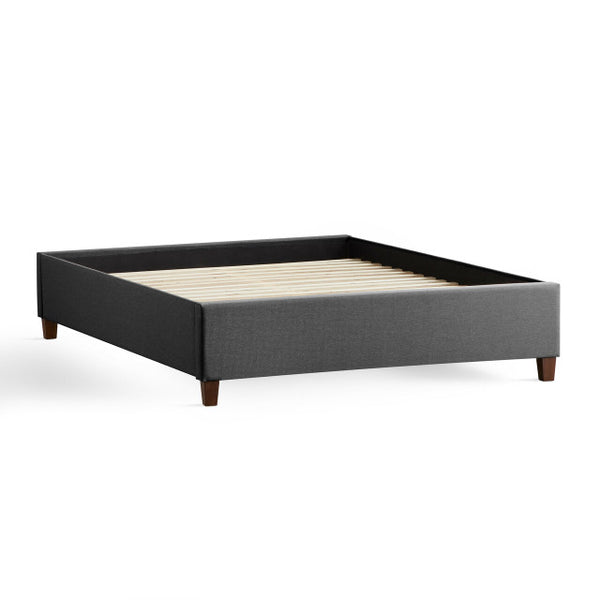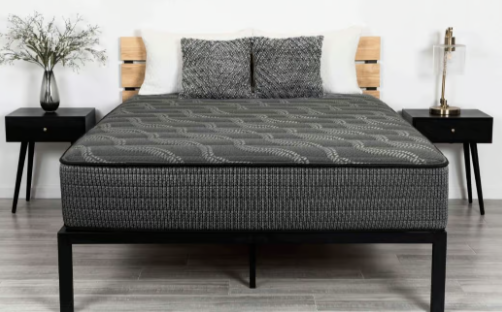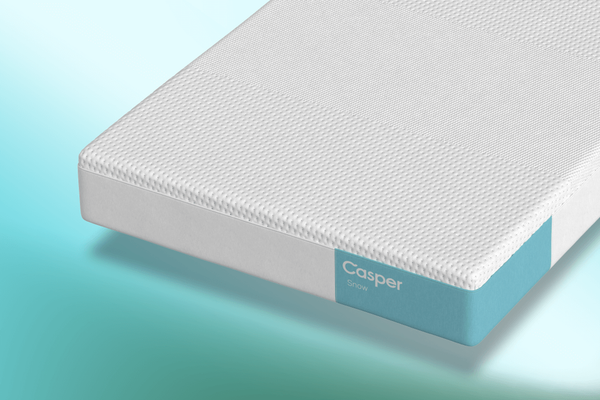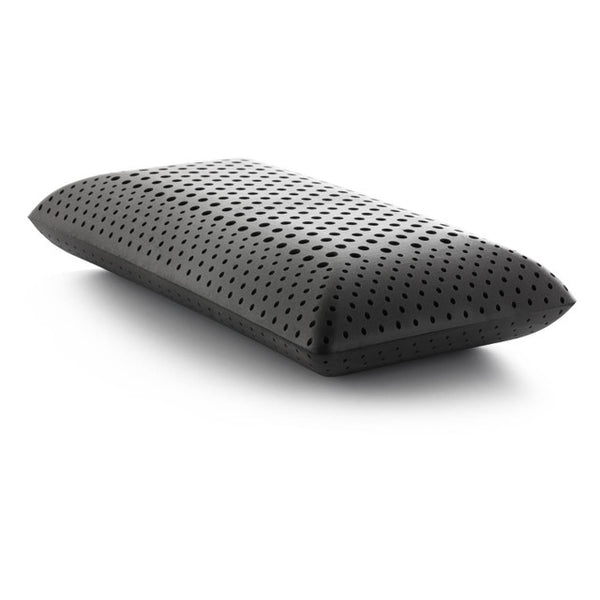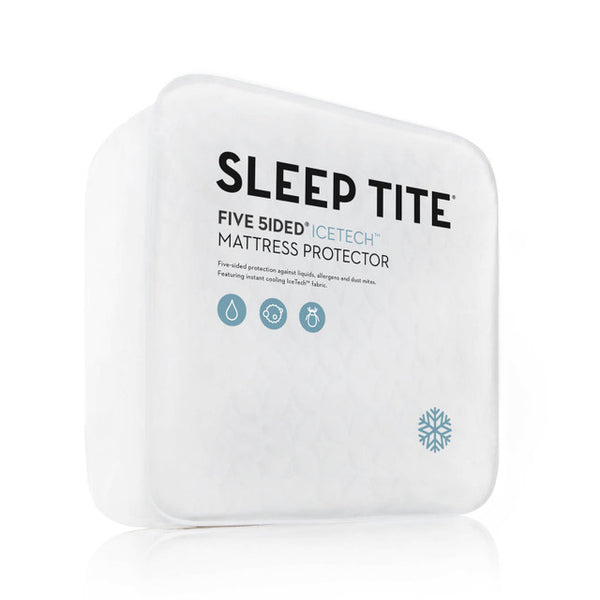
How Long Do Mattresses Last?
Sleeping on an old and worn mattress can have serious repercussions for both your health and well-being, including backache, poor memory retention, decreased immune strength and more.
Finding the appropriate mattress can dramatically enhance your rest, relieve pain and protect against chronic health issues. Experts generally suggest changing mattresses every seven to 10 years but it is crucial that you know when it is necessary.
High-quality materials
Quality mattress can have an enormous effect on its lifespan. High-quality mattresses are crafted from superior materials designed to withstand time. Furthermore, a good mattress serves to improve support and comfort allowing for restful nights' rest - an investment in your overall health that will lead to greater quality of life overall.
Knowing when it is time to replace your mattress is crucial. Most mattresses begin showing signs of wear between seven to 10 years. If any major lumps or sagging appear, it may be time for an upgrade.
Your choice of mattress will also have an effect on its lifespan. All-foam and hybrid mattresses tend to outlive traditional innerspring models; latex mattresses tend to last the longest, followed by polyfoam and memory foam models. Innerspring models consist of steel coils topped by various kinds of foams and fibers.
Your sleep position and body weight also play a factor. Heavier people tend to cause more wear and tear on their mattresses than lighter people, while side sleepers may increase sagginess in certain areas. You should check with your warranty to see if any structural problems, like sagging of over one inch are covered by it.
Sleeping position
Mattresses are one of the essential elements to restful nights' rest, yet unfortunately don't last forever - typically starting to show signs of wear within seven to ten years. By being aware of early warning signs, it will help you know when it is time for a replacement purchase.
There are various factors that contribute to a mattress's lifespan, including type, usage and sleeping position. Utilizing a mattress protector and rotating it regularly may also extend its life expectancy.
An increased workload or improper care may shorten its lifespan. Regular cleaning, using a mattress protector and rotating can extend its life expectancy and stave off premature wear and tear.
Mattresses used by two people tend to deteriorate faster due to the added weight. Heavier people also often notice sagging in the hip and shoulder regions sooner, so it's essential that when purchasing a mattress you take your own weight into consideration.
Mattress types vary considerably when it comes to their effective lifespans, such as traditional spring mattresses having shorter lives than hybrid or memory foam ones; natural latex mattresses last significantly longer with proper care, with some even lasting up to 15 years!
Rotation
Most mattress manufacturers recommend turning over your mattress at least every three to six months; certain designs such as memory foam and latex may need more frequent rotating. Doing this helps prevent indentations that lead to sagging that could reduce its lifespan over time.
Rotating your mattress regularly will not only help to reduce sagging, but can also even out the wear and tear on its surface, decrease odors, and ensure fillings or foam remain evenly distributed across it. Overall, regular mattress maintenance will extend its life while giving you optimal restful nights sleep.
An uncomfortable or worn-out mattress can pose serious health problems. Not only will it impact the quality of your sleep and difficulty staying awake during the day, but it may also impede cognitive functions, decision making processes and immune strength - not to mention being physically hazardous!
Mattresses are an investment for your comfort and wellbeing, so knowing when it is necessary to replace one is crucial. A variety of factors can determine its lifespan such as material and build quality, sleeping position and weight; in general, mattresses should be replaced every seven to ten years.
Maintenance
An investment in a quality mattress is vital to your sleep health, providing relief from pain, restful nights' rest, energy, and focus for daily tasks. But after some time has passed or when its support and comfort diminish, replacing your mattress may become necessary.
Mattress lifespan depends on many factors, but one important one is how well it is cared for. Regular maintenance and proper cleaning can extend its lifespan by years; this may involve keeping it clean, flipping it regularly and using a mattress protector. Furthermore, investing in high-quality materials which can withstand wear and tear will only add longevity.
Innerspring mattresses typically last six to seven years, hybrids eight years and foam ten. Latex mattresses tend to last the longest among all mattress types.
Signs that it might be time for a new mattress include experiencing aches and pains when sleeping on it, feeling as if your support has diminished, and tossing and turning during the night. Upgrade to memory foam if your current one has begun showing signs of sagging; there's sure to be one suitable to your budget that meets both sleep needs and lifestyle goals!

